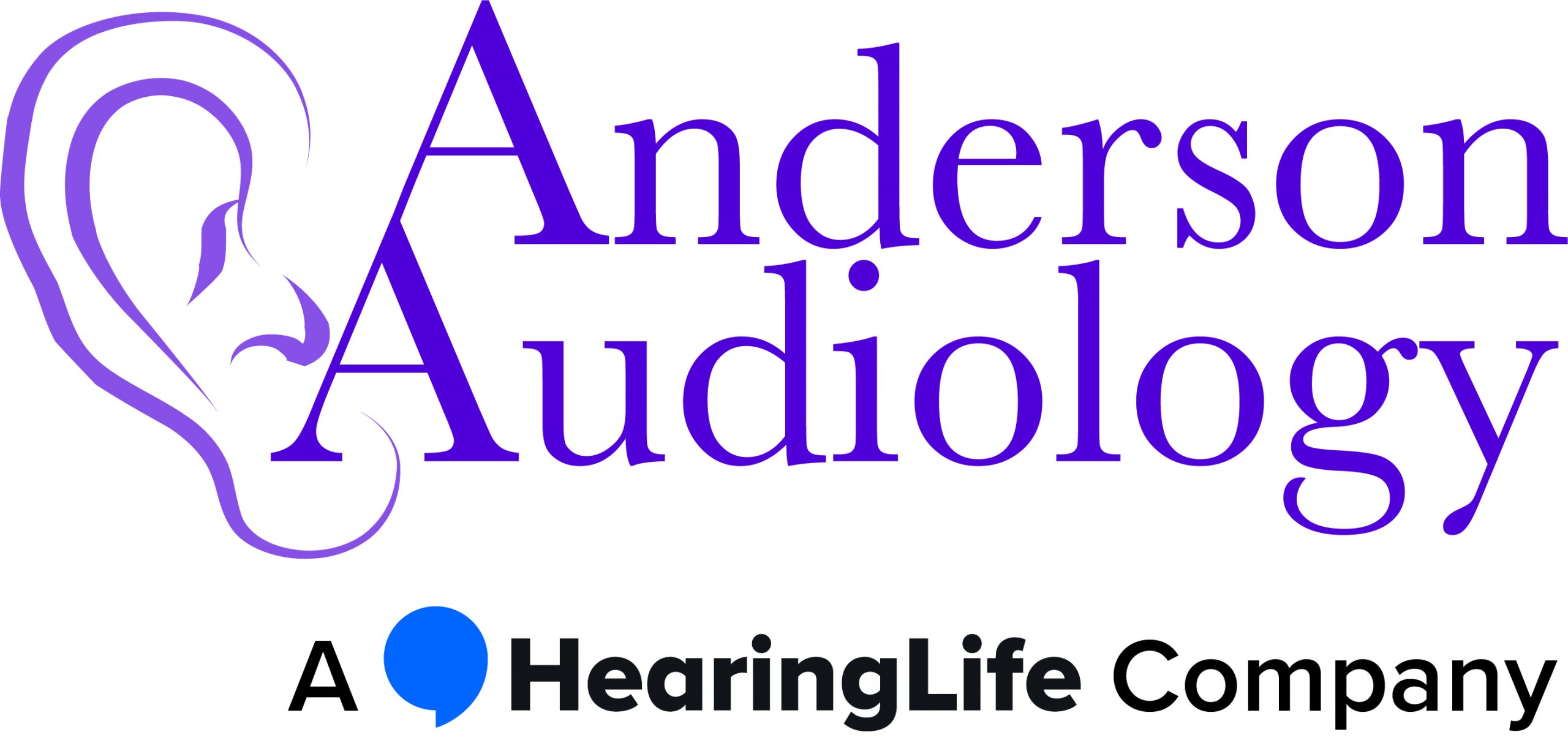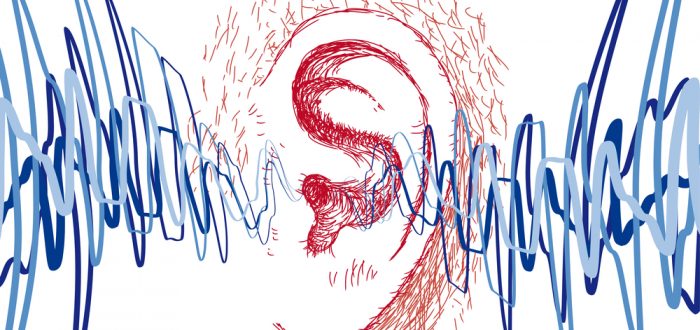Our ability to hear is truly remarkable. Our ears play a key role in our ability to hear. But they are by no means working alone. Our ability to hear relies on our brain, a delicate network of blood vessels, transmissions of electrical signals, and more.
When all parts are working as they should, we hear as we normally would. When one part of this sophisticated system isn’t working as it should, our hearing can be impacted.
In recent years, researchers at Johns Hopkins have done studies to look at how cognitive decline may be influenced by hearing loss. Throughout the course of their studies, they identified that seniors with hearing loss had higher rates of dementia.
But why would hearing loss be influencing cognitive decline? Put simply, we hear with our brains, not our ears.
How Do Your Ears Work?
Your hearing system is extremely complex. However, it can be divided into two parts: the peripheral hearing system and the central hearing system.
The peripheral hearing system includes the three major parts that make up your ear:
- Outer Ear – This is where sound waves are initially captured. It is made up of the pinna (also referred to as the auricle), ear canal and eardrum.
- Middle Ear – Your middle ear is a small space filled with air. It contains three tiny bones: the malleus, incus and stapes. Together, these bones are known as the ossicles.
- Inner Ear – Your inner ear contains organs designed for hearing and balance. The part of the inner ear responsible for hearing is your cochlea. The cochlea has a distinctive snail-like shape, and contains thousands of hair cells. Your cochlea connects to your central hearing system by the auditory nerve. It is also filled with fluid that play an important role in your hearing.
The central hearing system includes the auditory nerve. It includes a complex pathway through to your brain stem, and then on to the auditory cortex of your brain.
How Do You Hear?
Sounds are invisible vibrations that travel through the air. Think of the sounds you can hear at the moment; maybe it’s music in the background, or the wind in the trees outside, or even traffic in the streets. Each sound creates a sound wave that sends vibrations in all directions. Most sound waves are unique, which is why people, animals and things will sound different.
When sound waves hit your ear, the pinna on either side of your head funnels the sounds into your ear canals. The unique sound waves will cause your eardrum to vibrate. These vibrations then move the ossicles in your middle ear. This movement helps to transmit the sound vibrations into the cochlea of your inner ear.
These sound waves are then converted into electrical pulses that travel along the auditory nerve into your brain. It is at this point that the pulses are converted into ‘sound’ that we can understand. This entire process takes fractions of a second!
How Does Hearing Loss Affect Your Brain?
Hearing loss, particularly when left untreated, can have quite an impact on your brain. The process of straining to hear, particularly in noisy environments, can be quite taxing on your brain. The increased cognitive load put on your brain can mean that it has less capacity for other things, such as memory.
Untreated hearing loss can also lead to social isolation. This in turn can have an impact on cognitive function, as your brain has less stimulus that it has to process. Just like you train your muscles to stay strong, your brain should be treated like a muscle. To stay in peak condition, it should be exercised. Hearing well is a great way to keep your brain sharp.
Get Your Hearing Checked Today!
At Anderson Audiology, we understand it can be easy to dismiss suspected hearing loss. It’s even harder to acknowledge that you may be in need of a hearing assessment. Untreated hearing loss has wider implications than simply your ability to hear. In most cases, the hearing loss is treatable and your quality of life can be restored. Routine hearing assessments are the best way to protect your hearing. Call us today on 702-997-2964. Alternatively, click here to request an appointment online.

